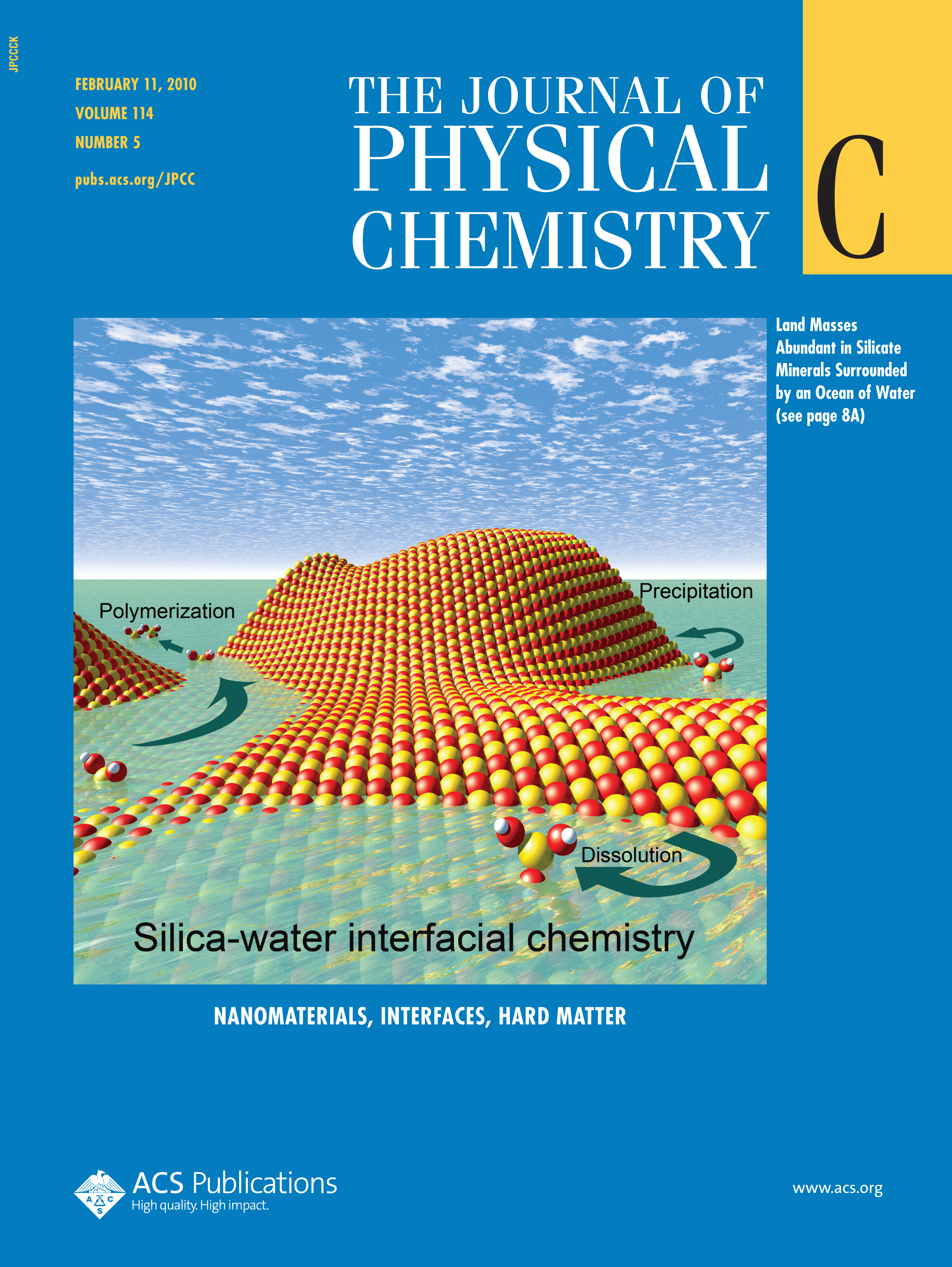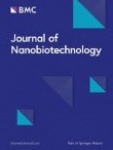The structural, optical, and photoluminescence properties of porous silicon (PSi)/titanium dioxide (TiO2) nanostructures were investigated. PSi structures consisting of macro- and mesoporous layers were fabricated by metal-assisted chemical etching, and then TiO2 was introduced inside the PSi matrix using the atomic layer deposition technique. We performed scanning electron microscopy, transmission electron microscopy (TEM), X-ray diffraction, energy dispersive X-ray spectroscopy, Raman spectroscopy, ellipsometry, and photoluminescence (PL) spectroscopy to characterize the prepared and annealed PSi/TiO2 nanostructures. TEM and Raman analyses revealed that TiO2 had a crystalline anatase structure. PL measurements of the PSi/TiO2 composite system showed two broad peaks at approximately 2.4–3 eV (blue PL) and 1.7–1.9 eV (red PL). The mechanisms of the emissions were discussed, and it was found that two main competing recombination mechanisms take place, including radiative recombination through the surface states (surface recombination) and through oxygen vacancies and self-trapped excitons (volume recombination).



